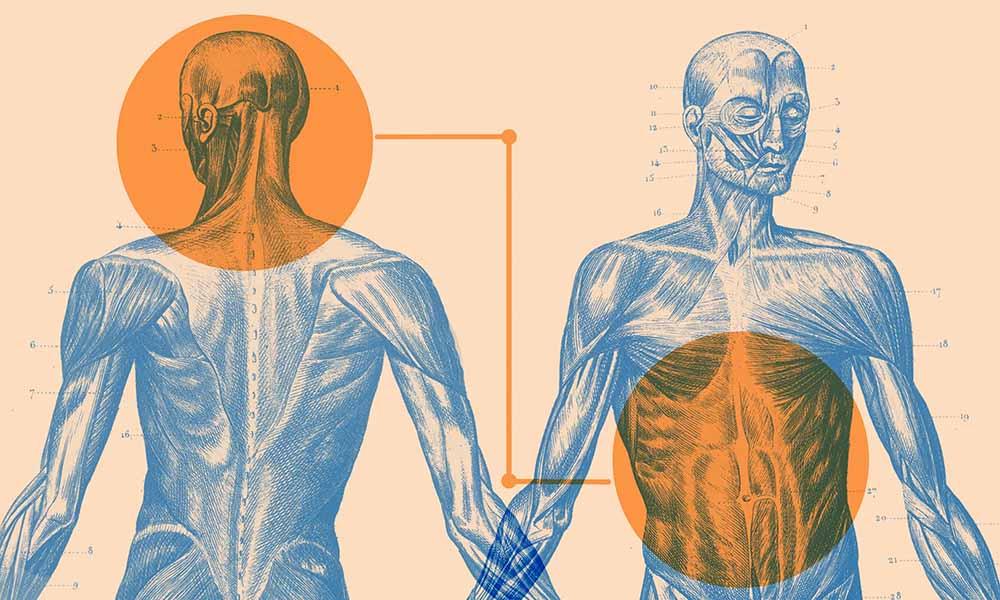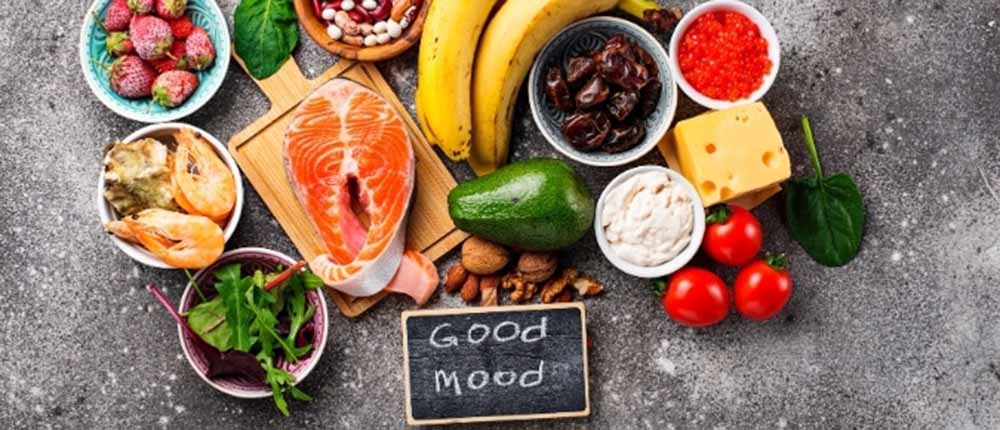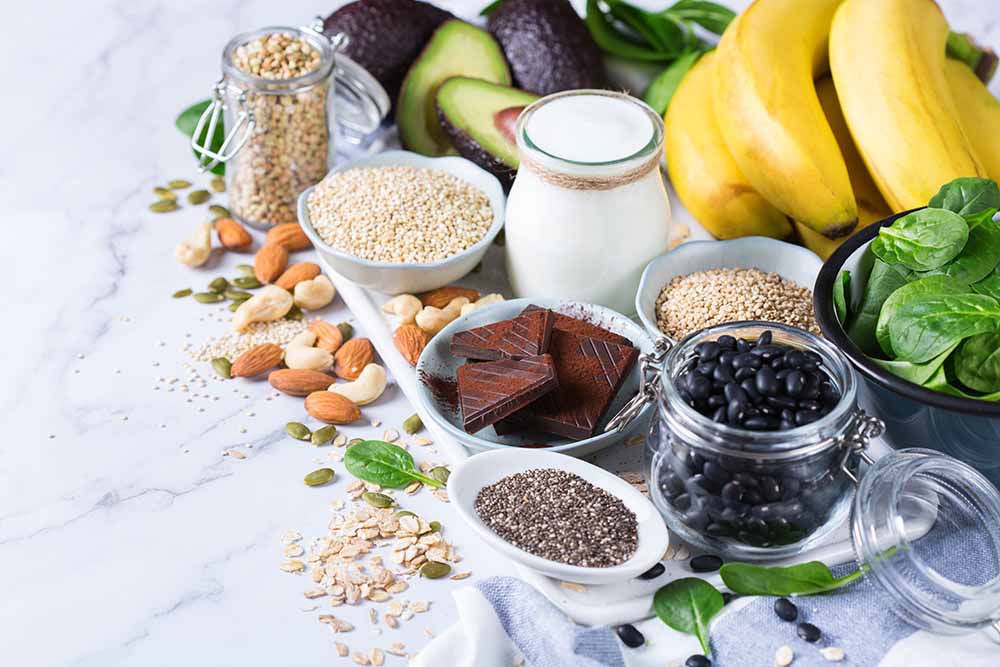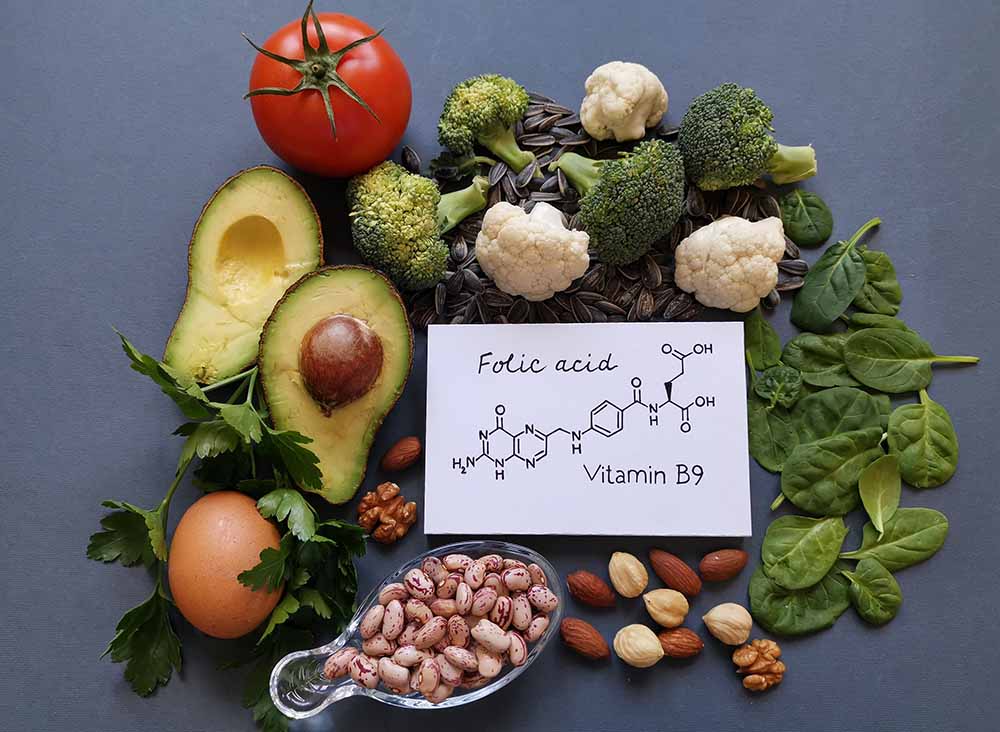An emerging field of study called ‘nutritional psychiatry’ focuses on how diet affects mental health issues and their treatment. It is obvious that our general well-being and physical health are significantly influenced by the food we consume. But did you know that it can also have an impact on your mood and mental health?

Food and mental wellness interact in the simplest of ways, with the former providing instant satiation, which elevates the latter. On a more intricate level, bacteria in your stomach can influence the chemicals that your brain produces, which then has a deeper impact on your psychological state. Thus, your stomach is frequently referred to as the ‘second brain.’
There’s no one specific dish or recipe that your mental health can benefit from, but your overall diet does have an impact on your emotional state or how you feel. According to research, consuming food high in nutritious grains, veggies, fish, garlic, olive oil, and fresh herbs may help lessen the symptoms of depression.

Certain foods have a profound, albeit fleeting, impact on your mood. For instance, chocolate and coffee are well-known stimulants. Coffee contains caffeine, which stimulates the central nervous system and helps you feel energised and prepared for the day ahead. Numerous studies demonstrate that caffeine users — mostly those who drink coffee — have a lower risk of mental health concerns such as dementia and Alzheimer’s. A diet high in vital vitamins and minerals also improves memory, learning, and cognitive function.
So what ought to be on your plate and in your cart? Here’s a brief rundown of things to look for on your next grocery shopping jaunt.

Whole Foods
Preservatives, food colouring, and other additives may either induce or exacerbate depression and hyperactivity. Consider opting for fresh fruits and vegetables. The body and mind can benefit greatly from the potent nutrients found in fresh produce.
Fibrous Foods
Foods derived from plants are high in fibre, which slows down the body’s absorption of glucose, or food sugars. Fruits, vegetables, and nutrient-dense carbohydrates like whole grains and beans are examples of foods high in fibre.

Antioxidants
Particularly rich in these anti-inflammatory compounds are berries, leafy green vegetables, turmeric, and foods high in Omega-3 fatty acids, such as salmon and black chia seeds. Eat dark chocolate in moderation, as it also includes sugar and antioxidants.

Folate
This particular form of vitamin B aids in the synthesis of dopamine without causing it to spike like carbohydrates do. You can find it in leafy greens, lentils, and cantaloupes.
Vitamin D
Exposure to the sun is the most common source of vitamin D, which aids in the synthesis of serotonin. However, mushrooms are yet another excellent source. In the event that you have a vitamin D deficiency, your doctor may advise you to take supplements.
Magnesium
This vital mineral supports healthy nerve and muscle function as well as steady heartbeat. However, the link between food and mood is also dependent on it. A mineral deficit can damage gut flora and result in symptoms resembling anxiety and despair. Fill up on natural sources like spinach and other dark leafy greens, beans, bananas, and cacao nibs, as well as nuts and cashews.

Fermented Foods
Probiotics are specific living bacteria that are beneficial to your digestive system, and fermented foods are a great source of them. Examples are sauerkraut, kimchi, miso, tempeh, and the fermented beverage kombucha. Additionally, these meals often contain a lot of sodium, so if you have high blood pressure, eat in moderation or avoid them completely.
Work In Progress…
It could initially require more work at your end to consciously include items in your diet that are good for your mood and body. You can also experiment with small healthy food substitutions, such as switching to whole-grain varieties of bread, pasta, and white rice. This promotes the body’s natural fibre levels, which in turn facilitates better digestion. For added taste, pick up a side salad full of nuts, seeds, and fresh veggies in place of a bag of chips. Nutrition guidelines still hold true - such as drinking enough of water, eating regular meals, and controlling your alcohol and caffeine intake.
Image source: Cancer council